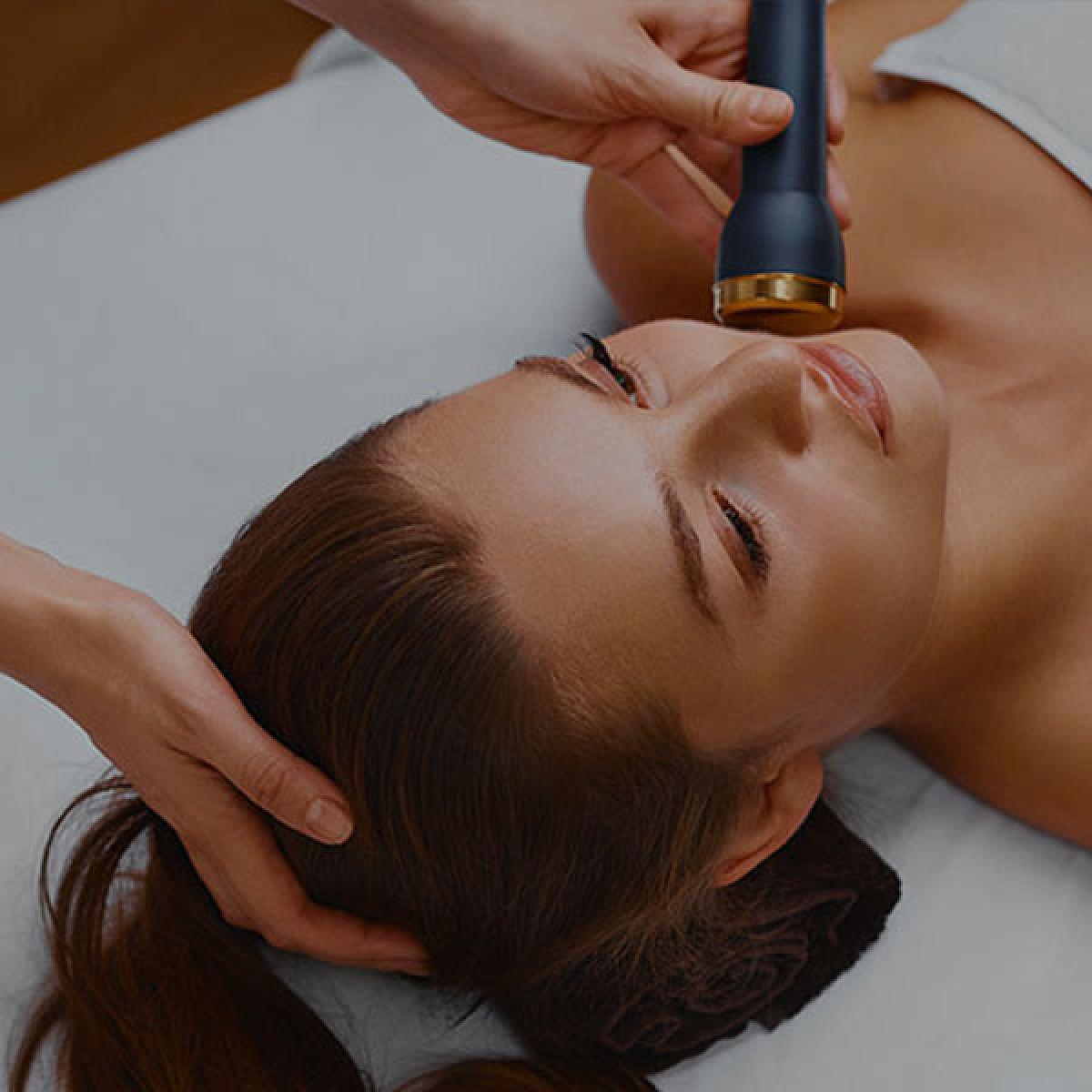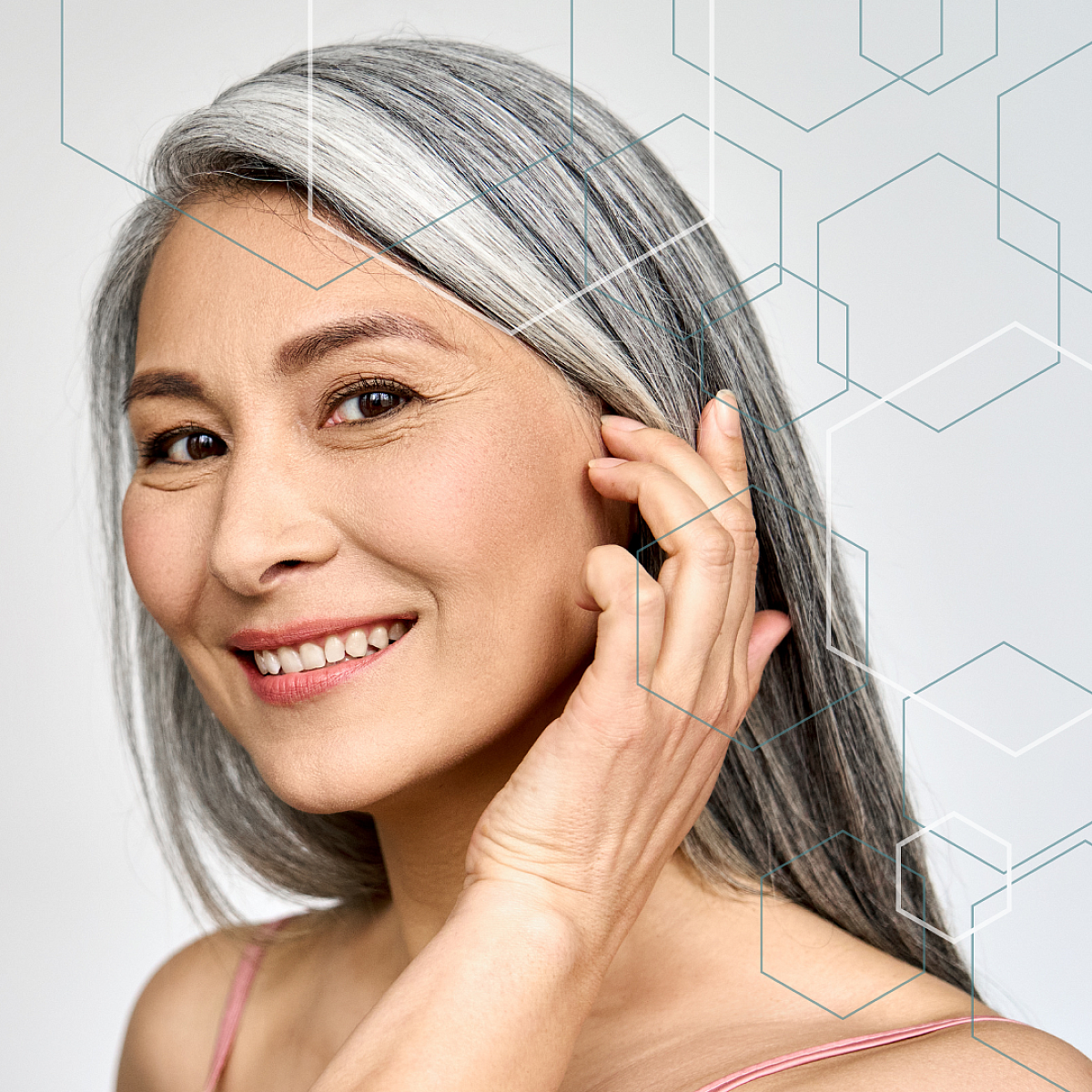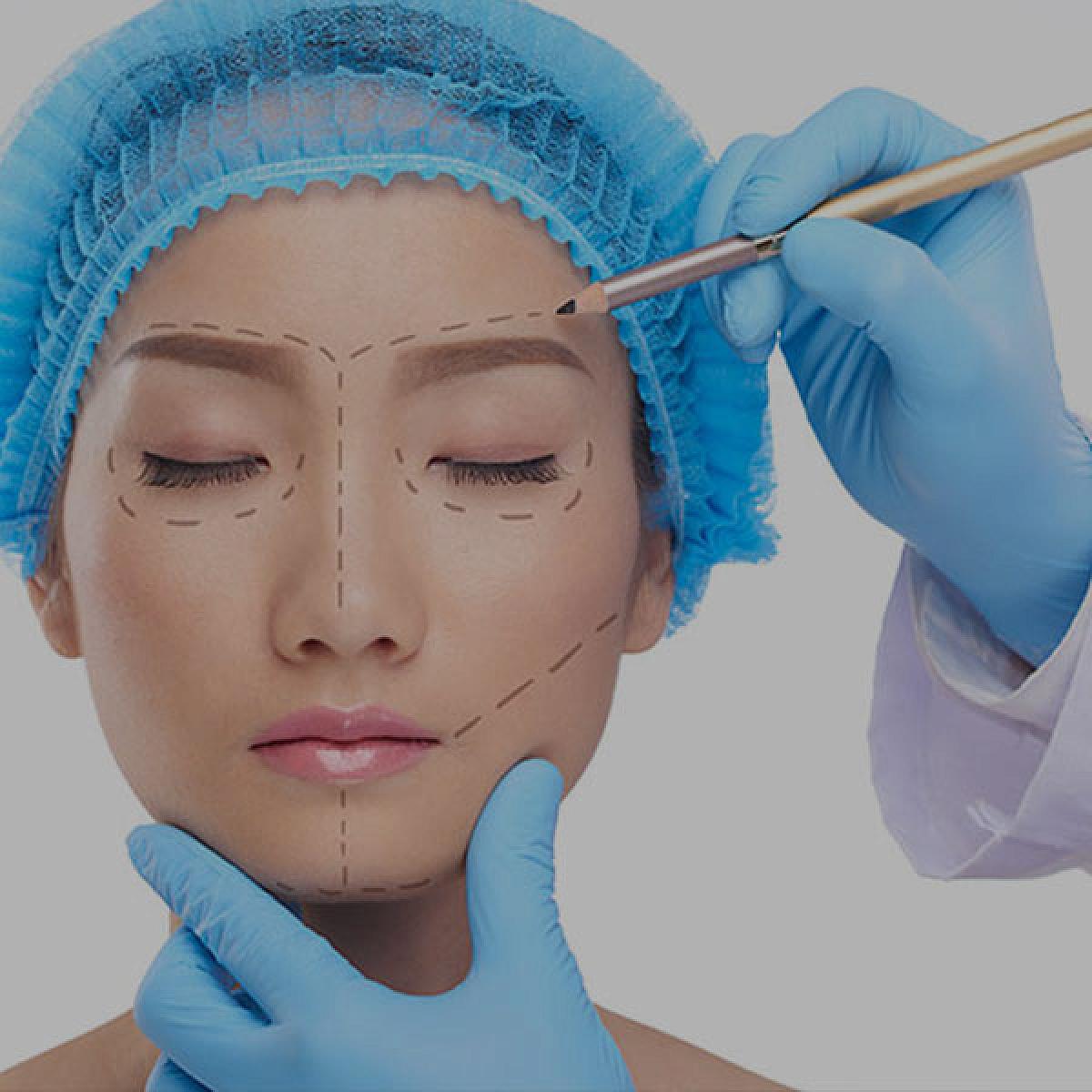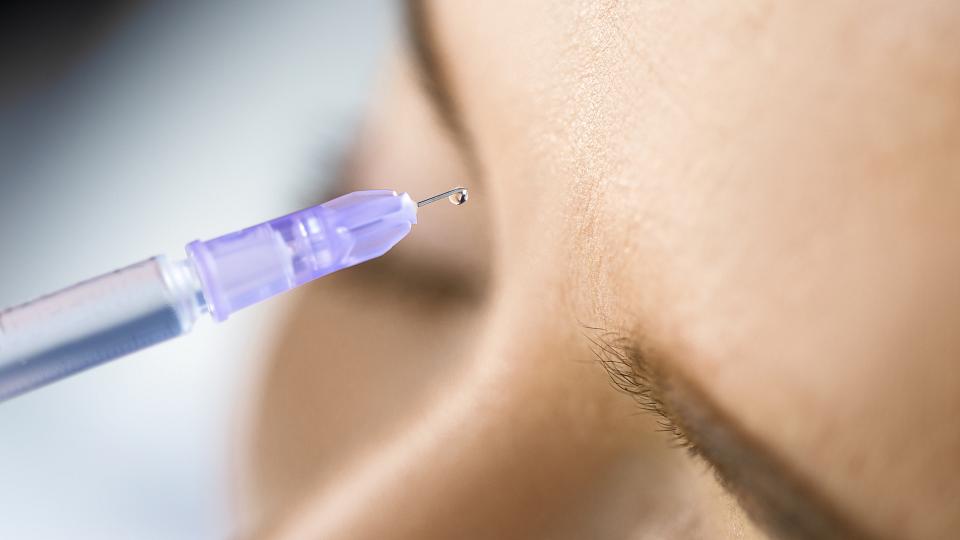Treating Brown Spots, Red Spots, & Rosacea
Your skin is often one of the first things others notice about you and can help define your look. Skin blemishes like spots or redness can affect both your physical and emotional health.
What Causes Skin Spots?
Spots and discoloration on your skin can be caused by a variety of things. Aging, getting too much sun exposure, and even changes in your blood vessels underneath your skin can cause spots to form.
Brown spots may include:
- sun damage,
- age spots,
- freckles, and
- birthmarks.
Red spots may include:
- rosacea,
- broken capillaries,
- port wine stains, and
- birthmarks.
Our cosmetic specialists offer safe, effective laser treatment to make scars, skin discoloration spots, and redness less noticeable. Our VBeam and intense pulsed light (IPL) lasers have a fast recovery time and minimal side effects so you quickly get back to your day-to-day life.
Rosacea
People with rosacea are usually fair-skinned, over 30 years old, and often blush easily.
Over time, people who have rosacea may develop small blood vessels on their cheeks, chin, forehead, and nose. These small blood vessels are called telangiectasias. While the naked eye can’t always see telangiectasias, they contribute to the face’s overall red appearance that’s common with rosacea.
Utah has many common rosacea triggers. Triggers are activities or environments that make it more likely for a person’s rosacea to flare up and become more noticeable.
Rosacea triggers include the following:
- alcohol
- clear, sunny days
- extreme cold
- extreme heat
- windy conditions
- dry conditions
- hot drinks
- exercise
- stress
Spending a lot of time outside underneath the sun’s UV rays can also cause rosacea to flare up.
Types of Rosacea
There are a few subtypes of rosacea. They include:
- Erythematotelangiectatic rosacea: This type of rosacea causes redness, skin flushing, and blood vessels you can see with your naked eye.
- Papulopustular rosacea: This type of rosacea causes redness, swelling, and acne-like breakouts.
- Phymatous rosacea: This type of rosacea causes your skin to thicken and form a bumpy texture.
- Ocular rosacea: This type of rosacea causes red eyes and irritated, swollen eyelids. Ophthalmologists are more likely than dermatologists to treat ocular rosacea.
To prescribe the best treatment, your doctor will need to correctly diagnose which type of rosacea you have.
Treatment
If you have rosacea, it’s important to get treatment. You may develop permanent redness on your face if your rosacea is left untreated.
Treatment options for rosacea include the following:
- Topical medication: If you have mild rosacea, your doctor will usually prescribe creams and gels as a first option.
- Oral medication: If you have mild to moderate rosacea, your doctor may prescribe medications, such as antibiotics.
- Laser treatment: Laser treatments allow doctors to safely target red areas on your face. Laser treatments cure skin redness by destroying the blood vessels that are closest to the surface of your skin.
- Surgical treatments: If your rosacea is causing skin thickening, doctors can treat this type of rosacea with surgery. Surgery helps smooth and shape thick areas of your skin back to their normal appearance.
Manage Your Rosacea By Wearing Sunscreen
Once you find a rosacea treatment that works, it’s important to avoid triggers that make your skin flare up. One of the most common triggers of rosacea is being outside and exposed to the sun for long periods of time. Be sure to wear sunscreen on your face everyday to prevent more redness.
Find a Cosmetic Specialist Near You
Treatments & Services
Loving the Skin You Are in: Skin Care Treatments that Boost Confidence & Well-Being
When Ale Zagas considered undergoing skin care treatments, she thought it would simply streamline her self-care routine, but it was so much more than that. University of Utah Health offers many aesthetic and skin care treatments and procedures that can improve the way your skin looks while keeping it healthy, especially as you age. Meet Master Esthetician Hailey Richards, and read Ale's story.

Learn More From Our Specialists
Explore what aesthetic procedures can do for you.
Schedule an Appointment











